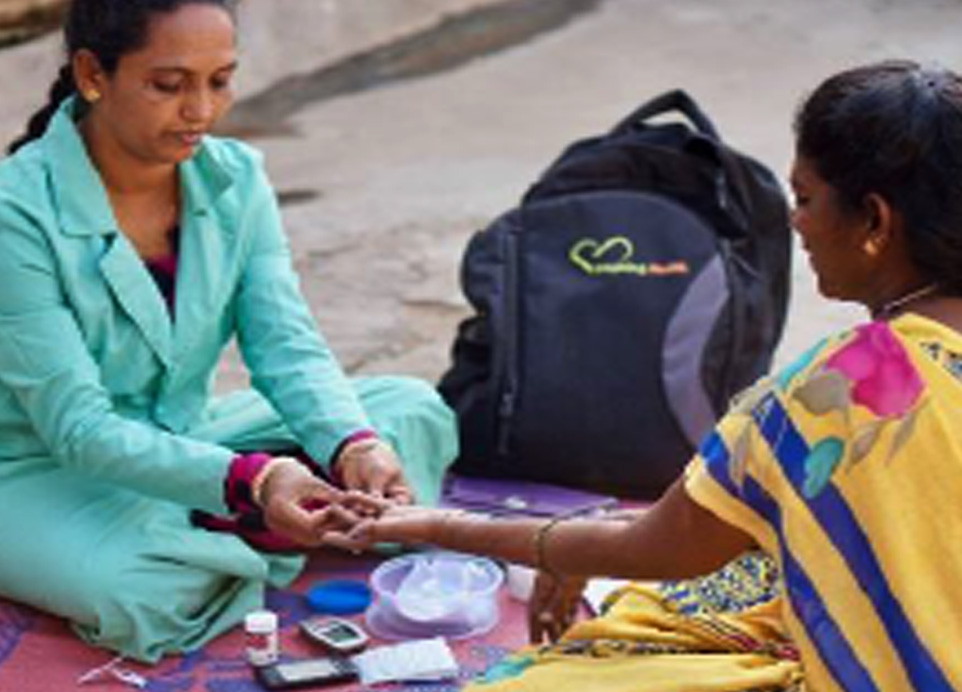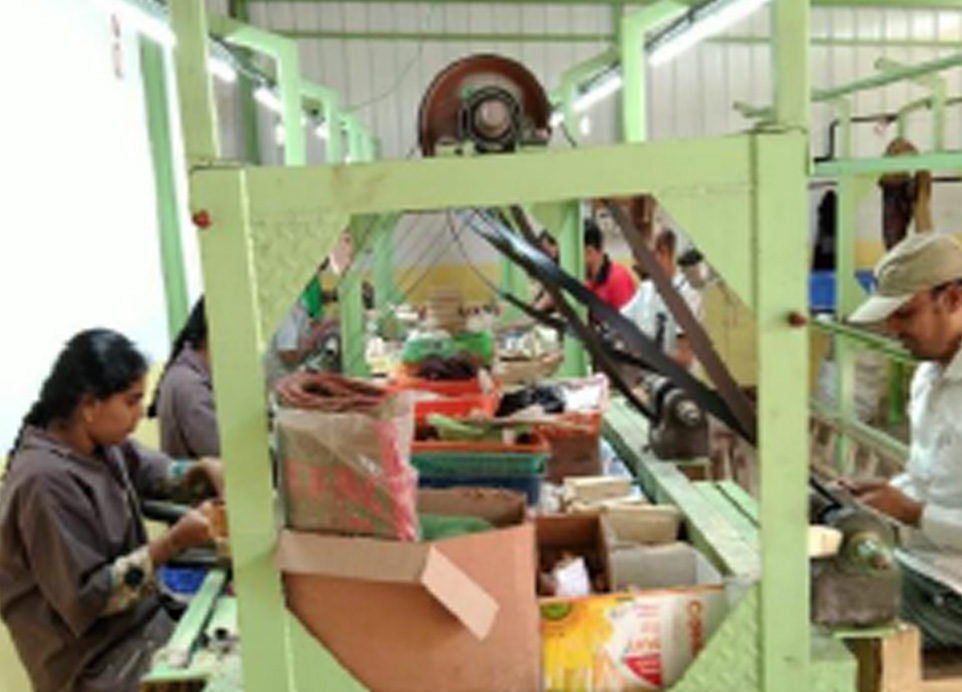

Once upon a time, handmade crafts created by skilled artisans commanded great demand, receiving royal patronage. Of course, this was in pre-independence India and as industrialisation took hold, artisans found themselves grappling with a diminishing relevance, and a sense of backwardness began to creep into their communities. It became increasingly evident that these artisans needed a robust ecosystem to secure their livelihoods sustainably.
These rural artisans face multifaceted challenges, from unorganised production methods to the lack of formal education and outdated crafting techniques. Despite their undeniable talent, their inability to communicate effectively and keep up with technological advancements hindered their progress. Scarce funding further exacerbated these woes, leaving rural artisans in a state of disarray.

In a bid to navigate these turbulent waters, the Flipkart Foundation joined forces with the Give Foundation to launch a series of transformative projects in Channapatna. In this city in Karnataka, known as the Town of Toys, our initiatives focus on artisan upskilling, livelihood enhancement, and preventive health programs.
With our support, the project worked to bridge the gap for those artisans who possess extraordinary skills but need additional support. Together, our efforts led to the establishment of a state-of-the-art training facility to equip young men and women from Karnataka with essential skills.
Recognising that basic communication skills and entrepreneurial acumen were vital for artisans from economically disadvantaged backgrounds, this facility became a beacon of hope. Skill training is offered to seasoned artisans already contributing to the handicrafts sector, and the program also welcomes young adults and children eager to explore the realms of digital technology.
These initiatives provided a plethora of opportunities for them to secure a sustainable livelihood and break free from the shackles of limited economic prospects. In parallel with skill development, the project initiated the training of health navigators. Equipped with handheld devices like glucometers, blood pressure apparatus and hemoglobinometers, these individuals were entrusted with a vital role – educating marginalised communities on critical health issues such as non-communicable diseases and malnutrition.

The story of Channapatna's rural artisans is a testament to the power of collaboration, skill development, and holistic support. It showcases how a shared vision of empowerment is all that’s needed to transform a community and lead its people towards a more sustainable future.